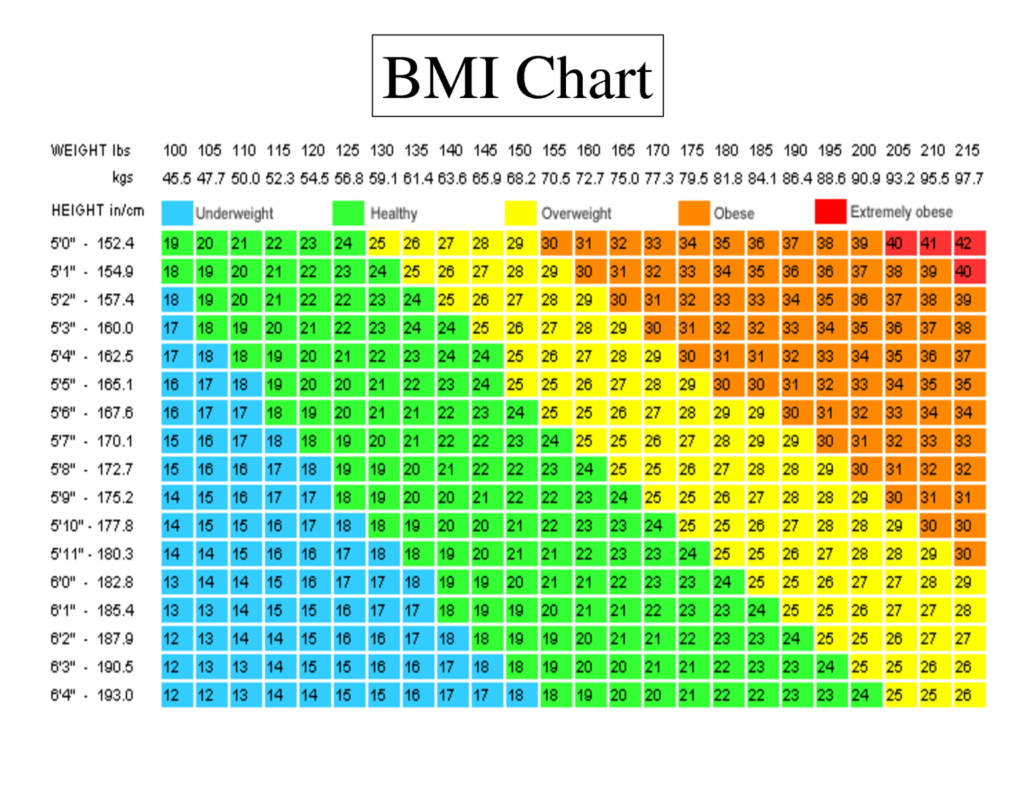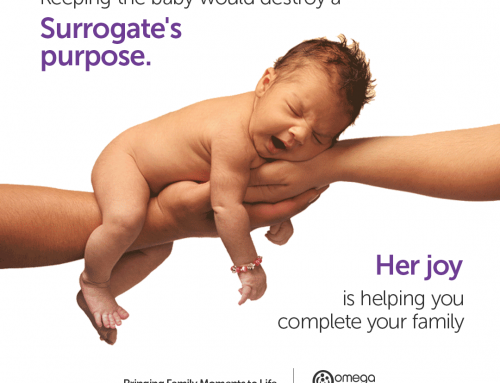A Surrogate must meet certain requirements. Remember, you are carrying a child for people who have faced infertility issues for probably a long time. These requirements are set in place to reduce risk and enable a healthy journey for the Surrogate and the baby. The different aspects that are taken into consideration come as a result of medical studies, pregnancy observations, and experience in the field of childbirth. They are not chosen at random.
Omega Family Surrogates works with a variety of competent professionals in the field and has determined the qualifications a woman must have to serve as a Surrogate for Intended Parents. These requirements are there to protect the baby and the Surrogate; in no way are they there to pass judgment on a woman based on physical appearance or her capacity to have children of her own.
Let’s learn about some, not all, of the requirements to clarify why they do not pass judgment on a potential Surrogate.
Being a mother prior to becoming a Surrogate
OFS chooses women who have proven that they can complete an uncomplicated pregnancy and birth. Doctors know that women who carry their own children do face risks. These risks are normal, and they are taken care of in the best way possible. Women may choose to risk their health to have a child of their own, but when it comes to Surrogacy, that is not a choice they are allowed to make. If the woman has the ability to have children, it is a great place to start, but it’s just the beginning.
Medical professionals, Surrogacy Agencies, and Intended Parents make sure that that the Surrogate is fit to have child for someone else. What that means is that Surrogates are mothers themselves and they know how their body responds to a pregnancy. Since they’re choosing to have a child for someone else, they must know that they are going to be healthy throughout the pregnancy. Remember a Surrogate still must be able to take care of her own children and family, as well as the baby growing inside of her.
Body Mass Index
Body Mass Index measures the relationship between your height and your weight. Omega Family requires BMI equal to or under 30 to be able to serve as a Surrogate. Woman who are within this range have a higher success rate when it comes to becoming pregnant through Invitro fertilization, and have less risk of losing the embryo once it is implanted. This indicator by no means tells a woman that if she does not meet this requirement, she is unfit to carry children, or that she is unable to have a healthy baby.
Having a BMI within the range minimizes the development of medical complications:
- Preeclampsia or high blood pressure
- Gestational Diabetes, a condition in which the body does not process sugar well that may last the duration of the pregnancy and disappear after birth
- Stillbirth, the the risk of the baby being stillborn.
Psychological Readiness for Surrogacy
Becoming a Surrogate involves a woman willing to undergo a pregnancy for other people who cannot have children naturally. First-time Surrogates have never given the baby they just birthed to someone else. They have always kept the baby after he or she was born. It is important that the Surrogate can handle the emotional pressures of a pregnancy that produces a child placed immediately into the arms of someone else.
From the Intended Parents’ point of view, they feel blessed that someone would be willing to do this for them. They know how hard it is to have a child, and their appreciation is beyond measure. When this outcome is fully appreciated by the Surrogate, her months of involvement are understood to be a beautiful gift.
The Surrogate must also be prepared to deal with the outside world’s opinions on Surrogacy.She becomes an educator in her community on the topic. There is a lot of misinformation regarding Surrogacy and a large group of people who do not know how to react to Surrogates or what they do. A Surrogate must be prepared for that response and know how to deal with it. Omega Family Surrogates supports her by providing integrated resources such as the Surrogate Liaison Program, the Omega Stories Facebook Group, and a variety of blogs on their website that provide information about Surrogacy and about family creation options.
Surrogate’s Age
For Omega Family Surrogates, the youngest Surrogate age is 21 and the oldest 36. According to studies and observations, the higher the Surrogate age, the higher chances of a risk factor to appear. During the past 20 years women are choosing to postpone childbearing for a later age. If a woman who wants to have a child finds herself at the age of 35 or higher, her pregnancy is considered geriatric and she is considered at an advanced maternal age. This is also true for the Intended Mother’s embryo. If she is older than 35 risks affect the baby not only through the Surrogate but through the Intended Mother’s egg as well.
Surrogate Requirements Do Not Pass Judgment
The main purpose of requiring the Surrogate to comply with certain indicators is to keep her and the baby safe throughout the surrogacy pregnancy. There is no other reason than that. If by any chance you cannot become a Surrogate because you don’t meet the requirements, that does not mean that something’s wrong with you, or that you are unable to help a family who faces infertility. Surrogate requirements are not there to pass judgment; they are there to ensure the health and safety of both the Surrogate and the baby.
Further requirements are discussed in part two of this article.
Join our Omega Surrogate Stories group on facebook and join the conversation about why these requirements are important and how woman go about meeting them.





